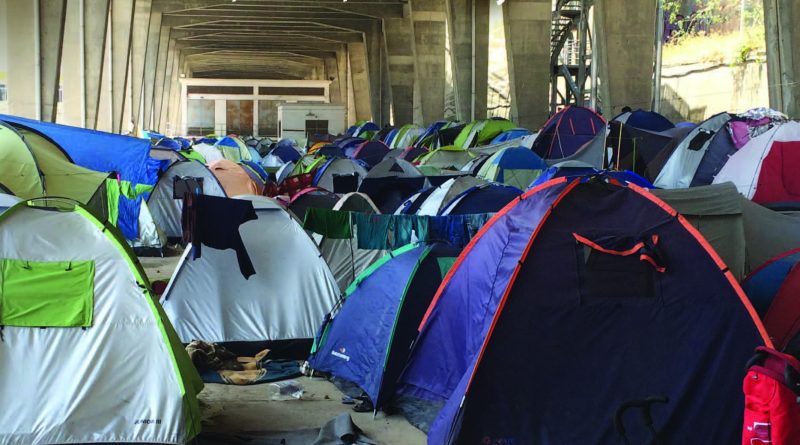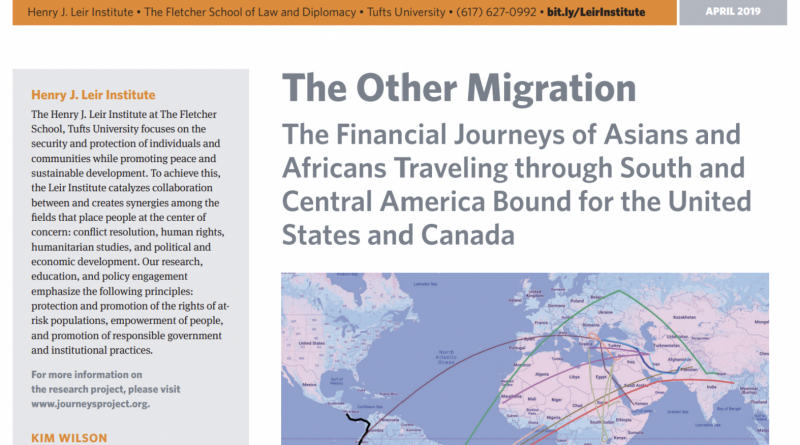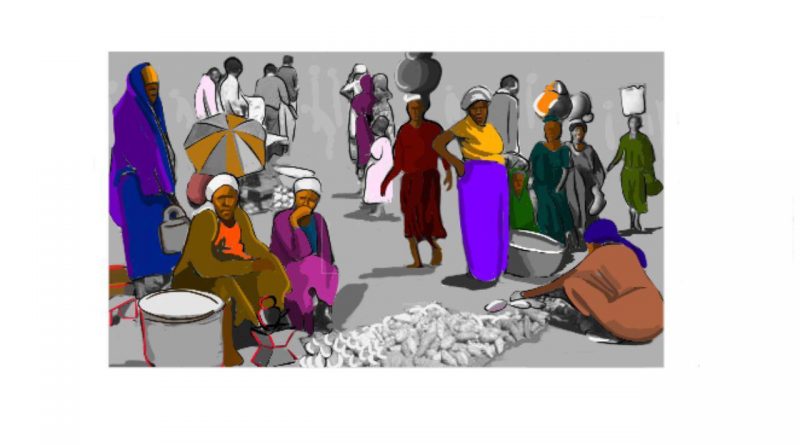Retaining, Changing, and Surrendering Hegemonic Masculinities
By Subin Mulmi, under the supervision of Kim Wilson. Transatlantic migration from South Asia is a long, arduous, and expensive journey but each year many South Asians risk their lives to reach the supposed dreamland of the United States. A large majority of the South Asians that I met during our re-search in 2018 in Costa Rica were men, prompting a focus on how men experienced long-distance migration.
Read More




